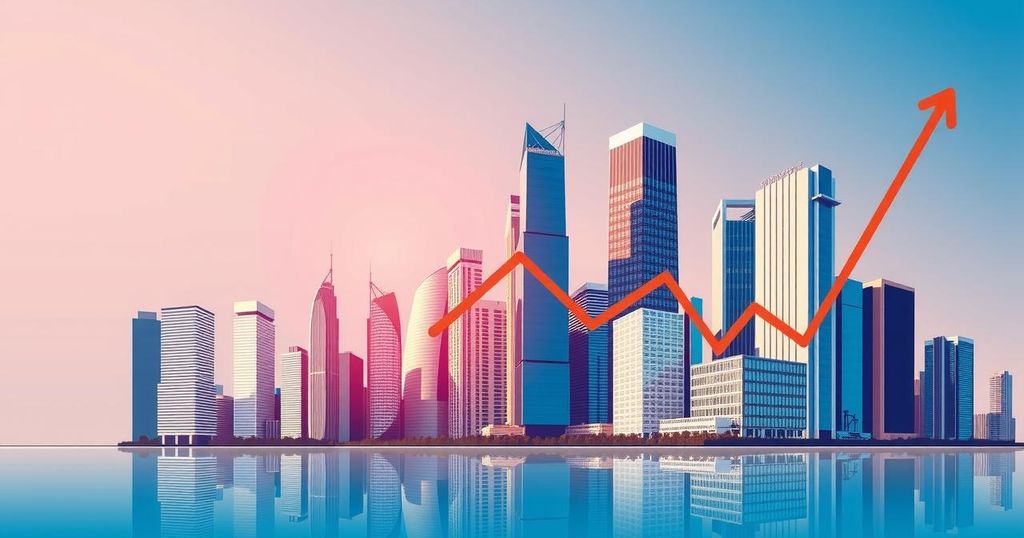Lebanon’s newly appointed government under Prime Minister Nawaf Salam is tasked with reversing the ongoing economic collapse following years of financial crisis. The economy suffers from an $80 billion banking deficit and a devalued currency. Experts emphasize the importance of structural reforms, transparency, and accountability to regain international support and facilitate economic recovery. The political environment, influenced by Hezbollah, remains a significant barrier to progress.
Lebanon faces a critical juncture under the leadership of Nawaf Salam, appointed prime minister, and President Joseph Aoun. The country has been grappling with a financial crisis since 2019, resulting in an $80 billion deficit in the banking sector and a 90 percent devaluation of its currency. Ongoing political disputes hinder necessary debt restructuring amidst a backdrop of insufficient economic reforms, as noted by an International Monetary Fund delegation.
For Lebanon to recover from its profound economic struggles, it must focus on transparency, accountability, and implementing structural reforms. The establishment of an independent audit of the financial sector and prioritizing loans for depositors is critical. The government should address geopolitical influences and position Lebanon for renewed international investment. Moreover, comprehensive strategies in energy and governance reforms are essential for restoring public trust and revitalizing the economy.
Original Source: www.arabnews.com






